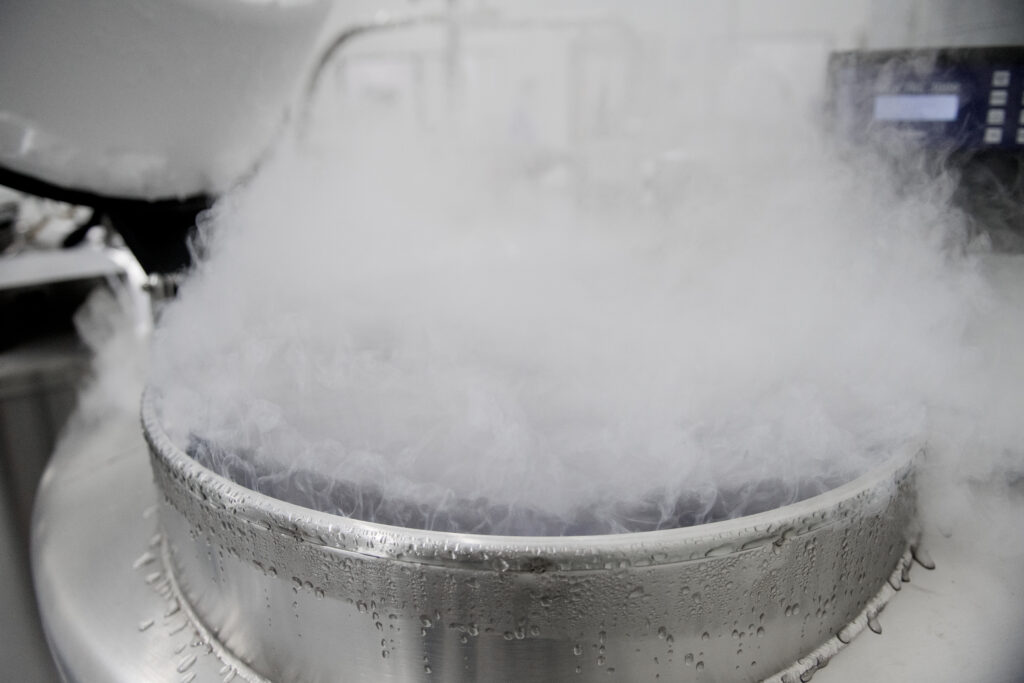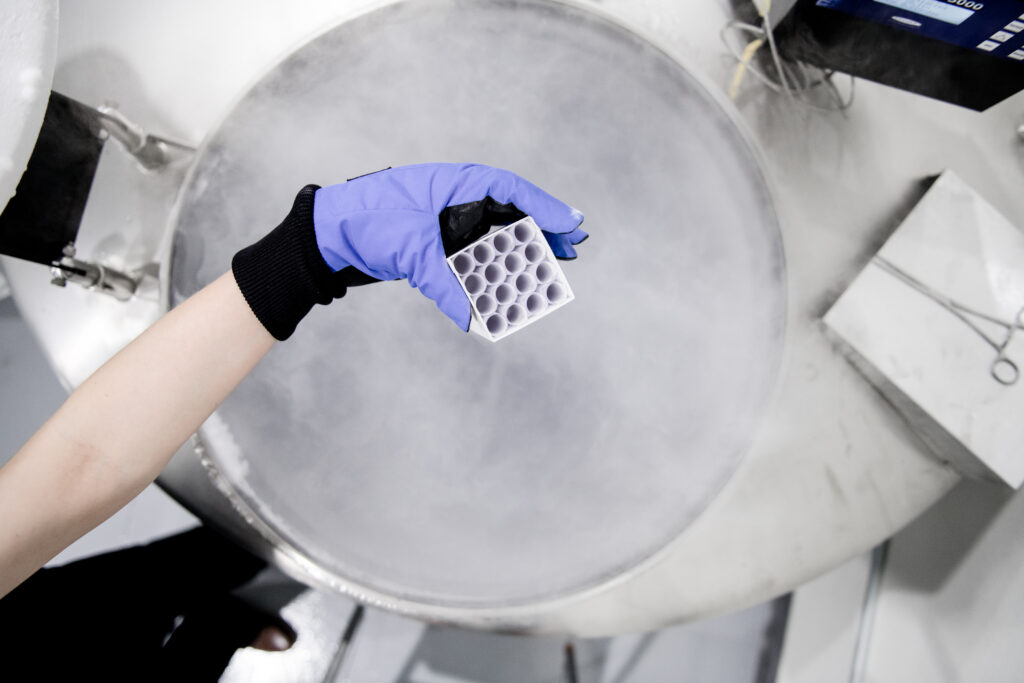This article is a part of our annual Guide to Good Health. Sponsored Content brought to you by Dr. Angela Kelley, Reproductive Endocrinologist & Infertility Specialist at Aspire Fertility Austin
Cancer diagnosis in women under 50 are on the rise, and this includes a large subset of women who are still in their reproductive years.
For those who haven’t started or yet finished building their families, a cancer diagnosis may also raise concerns about the future of their fertility health. Luckily, advances in reproductive medicine are providing women with viable options to preserve their fertility so they can safeguard it and focus on beating cancer.

Egg Freezing – A Viable Option to Preserve Your Fertility
Also known as human oocyte cryopreservation, egg freezing is a procedure that preserves a woman’s eggs so that she may use them in the future. It allows women to postpone pregnancy to a time that makes the most sense for them or must be delayed, such as a cancer diagnosis. Egg freezing also increases the chances of a healthy pregnancy for women who may decide to—or need to—delay childbirth because the eggs will keep their youth once frozen. For example, a woman who freezes her eggs at age 33 and uses them at age 40 will likely have the same chances of a healthy pregnancy that she would have had at 33 years of age.
The other good news? Egg freezing has been found to be a highly successful form of fertility preservation. My colleagues at NYU Langone Fertility Center published a first-of-its-kind, 15-year longitudinal study showing
that egg freezing is a viable option for anyone looking to preserve their fertility. Data from that study found over 74% of eggs survived the freezing process, and nearly 70% of those surviving eggs were successfully fertilized. For cancer patients or those at high risk, especially adolescents and young adults, news of their fertility preservation options can be comforting and give them hope to have a baby after cancer.
How Egg Freezing Works
The egg freezing process is generally simple and takes about two weeks from the start of treatment to retrieval.
In a standard monthly cycle, a woman will generally ovulate one egg. In egg freezing, a patient is given medications to stimulate the ovaries in order to mature multiple eggs at once.
Throughout the stimulation phase, patients are closely monitored through ultrasounds and blood work.
Once the eggs are ready to be retrieved, or harvested, a fertility specialist will remove the eggs while
the patient is under mild sedation. It’s a fairly quick procedure, and patients usually experience very mild discomfort for a day or two following.
After the eggs are retrieved, they are transferred to the embryology laboratory, where they are evaluated and determined to be mature enough to be frozen for later use through cryopreservation technology.

Where to Begin
Talk to your oncologist right away about your cancer treatment plan. With that information, your fertility specialist can build an action plan on when you should undergo egg freezing.
Once your cancer treatments are completed and you’re ready to start your family, it’s important to discuss with your oncologist and fertility specialist to ensure that it is safe to begin fertility care. Once given the green light, your fertility specialist will discuss the next step in the process, which other aspects of your reproductive health will determine.
I also recommend that you connect with a licensed mental health expert who can help you emotionally navigate fertility preservation while preparing for your cancer treatments.
To learn more about egg freezing or to schedule a patient consultation, please visit aspirefertility.com/austin-texas or call us at 512-479-7979.

